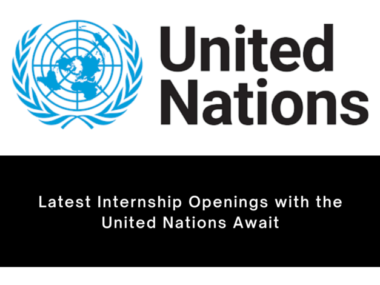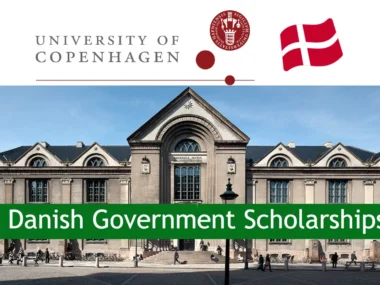Title: The Crucial Role of Education in Developing Effective Decision-Making Skills
Introduction:
In today’s fast-paced and ever-changing world, the ability to make sound decisions is paramount for success. Effective decision-making not only shapes our personal lives but also significantly impacts our professional growth. Education plays a vital role in equipping individuals with the necessary knowledge, critical thinking abilities, and ethical values that form the foundation for making informed choices. This article explores why education is crucial in developing effective decision-making skills, highlighting its benefits and addressing common questions through a comprehensive FAQs section.
Why Education Matters for Decision-Making:
1. Enhances Critical Thinking: Education fosters analytical thinking capabilities, allowing individuals to evaluate situations objectively and weigh options before making decisions. It equips them with the skills to identify biases, evaluate conflicting viewpoints, and analyze and interpret relevant information effectively.
2. Informs Rational Decision-Making: Education broadens individuals’ knowledge base and exposes them to multiple perspectives. Through a well-rounded curriculum, learners are pushed to explore various subjects, discover their passions, and gain insights into different disciplines. This diverse exposure assists in making rational decisions that consider a wide range of factors.
3. Encourages Problem-Solving Skills: Education equips individuals with problem-solving techniques, teaching them to approach complex situations methodically. Students learn to break down problems, identify the root causes, and develop creative solutions. Such skills are valuable while making critical decisions that require analyzing challenges, identifying alternatives, and implementing effective strategies.
4. Establishes Ethical Decision-Making: Education plays a significant role in molding individuals’ ethical compass, fostering values such as honesty, integrity, and empathy. By understanding the moral dimensions of various choices, students are encouraged to make decisions that align with their values and have positive societal impacts. Education empowers individuals to resist unethical practices and take responsibility for their decisions.
5. Develops Emotional Intelligence: Education focuses not only on cognitive skills but also on emotional intelligence. Emotional intelligence encompasses self-awareness, social awareness, self-regulation, empathy, and effective communication skills. These competencies aid in decision-making by enabling individuals to understand their own emotions and those of others, manage conflicts, and make more empathetic choices.
Benefits of Education to Decision-Making Skills:
1. Improved Problem-Solving: A solid educational foundation improves problem-solving efficacy, enabling individuals to identify, assess, and address challenges with confidence and creativity.
2. Reduced Decision Fatigue: Education fosters self-awareness, enabling individuals to understand their cognitive capacity and learn effective time-management skills. This awareness helps avoid decision fatigue, the diminished ability to make effective choices resulting from exhaustion or excessive decision-making demand.
3. Increased Adaptability: Education equips individuals with knowledge and skills that enable them to adapt to various situations. Learning different approaches and methodologies fostered through education enhances their agility in decision-making when confronted with unexpected circumstances.
4. Enhanced Long-Term Decision-Making: Education encourages individuals to think critically about the consequences of their actions, consider future implications, and make decisions that align with their long-term goals. This foresight assists in avoiding short-sighted decisions that may lead to regret.
FAQs:
Q1: Can effective decision-making skills be developed without formal education?
A: While formal education provides structured knowledge and critical thinking skills, effective decision-making skills can be developed through various means such as life experiences, self-learning, and mentorship. However, formal education offers a comprehensive framework that enhances decision-making abilities across various domains.
Q2: Can education alone guarantee effective decision-making skills?
A: Education provides the necessary foundation for effective decision-making. However, the practical application of skills, constant learning, and experiential growth are equally important in developing robust decision-making capabilities.
Q3: Are decision-making skills transferable across different domains?
A: Yes, decision-making skills are transferable. The ability to analyze, evaluate, and make informed choices is relevant across diverse domains, ranging from personal life decisions to professional endeavors.
Q4: Can education help in overcoming decision-making biases?
A: Education promotes critical thinking and self-awareness, which are invaluable in overcoming decision-making biases. By recognizing cognitive biases, individuals can consciously strive for objectivity and thorough analysis when making choices.
Conclusion:
Education is undeniably crucial for developing effective decision-making skills. By nurturing critical thinking abilities, broadening knowledge, fostering problem-solving skills, instilling ethical values, and promoting emotional intelligence, education equips individuals with the tools necessary to make informed choices and navigate the complexities of life. With education as a springboard, individuals are empowered to become confident, adaptable, and ethical decision-makers in every aspect of their lives.






